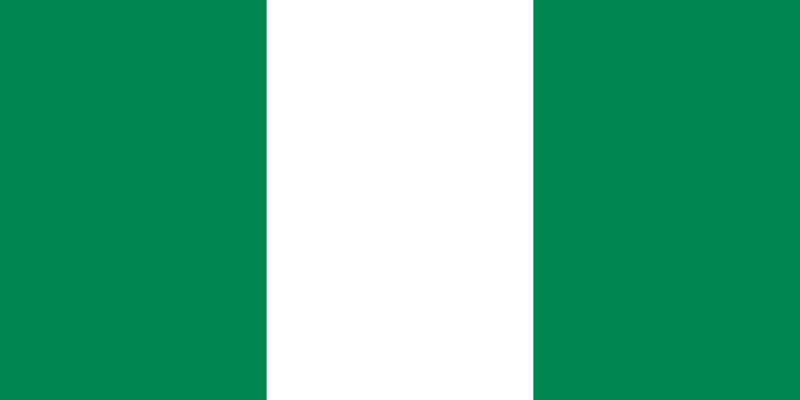Nigerian Elections
Recent elections in Nigeria, the most populous country in Africa have been declared flawed by the country’s own monitoring committee.
I travelled to Nigeria in 1992. For all its faults, I recognised it then as a powerful country, with a strong role to play in sub-saharan Africa.
It suffers a geographical and religious division between the northern muslims and the southern christians. I saw desperate poverty, particularly in the north, with people living in the semi-desert as I imagine they lived centuries before the white man arrived in africa - with none of the benefits supposed to accrue from the nation’s oil wealth.
It has money, people, and history. The money comes out of the ground, in the form of oil. There is something fundamentally bogus about money-for-free, andit manifests itself as a general acceptance of corruption in the country. Particularly near the borders, and any time services are needed, Dash is asked for. Nigerians grow up understanding this system, and wait for the day when they are the recipients rather than the donors of this dash currency.

Flag of Nigeria
It has been my privilege to know a good friend of mine, Femi, for the last two months. He is from Nigeria, and he told me two months ago that this election was a selection, not an election. Since the selected winner was his choice of candidate, he had no particular problem with this.
However, I see it as the most important african election this year. With South Africa, Nigeria has been a part of the Axis of influence of sub-saharan africa for a long time. It was a British colony, but since then it has struggled with military coups that take over from weak democratic structures. This is the first time in history that Nigeria has had an election where a democratically elected government hands over to another. All others have been interrupted by the military. In particular, the 1993 elections won by M. K. O. Abiola were anulled by the military ruler Ibrahim Babangida. These elections showed that Nigeria could hold free elections -or rather, that those in power had not yet learned how to steal an election. The 2007 elections show that they have learned to steal an election, but they have not managed to do so convincingly. The winner, with 70% of the votes, is a political newcomer - chosen by OlusegunObasanjo as his successor.
Obasanjo tried hard last year to change the Nigerian constitution to allow him to run a third time, but was thwarted by his vice-president, Atiku Abubakar,who had presidential ambitions himself. Obasanjo anointed Umaru Yar’Adua to succeed him, and accused Abubakar of corruption, and tried to annul his candidacy. I think it can be safely said that nobody in the halls of government in Nigeria is free of corruption.
A country of 140 million people had a court decision, two days before the election, that Abubakar could stand. Ballot papers, printed in South Africa and distributed throughout Nigeria, had to reflect this. The nominally independent election monitoring commission were instructed to communicate by SMS from polling stations. They did so, and reported widespread fraud and intimidation, a general absence of voting material, and multiple voting by ruling party thugs.
Nigeria has lost its legitimacy as a nation, and now South Africa stands awkwardly as the bastion of democracy in Africa. Ghana and Senegal can claim seniority, as they have had a peaceful transition of power between political parties, which South Africa has not, but neither of them wields the economic influence of Nigeria or South Africa.
I hope, but do not expect, the current Nigerian government to take the advice of its own election monitors and re-run the election within a month.
Update:- the New York-basedgroup Human Rights Watch reports that the conduct of Nigerian politicians and government institutions is marked by corruption and violence. It says their behaviour resembles criminal activity more than democratic governance, and struggles for political office are waged violently by gangs of thugs recruited by politicians.